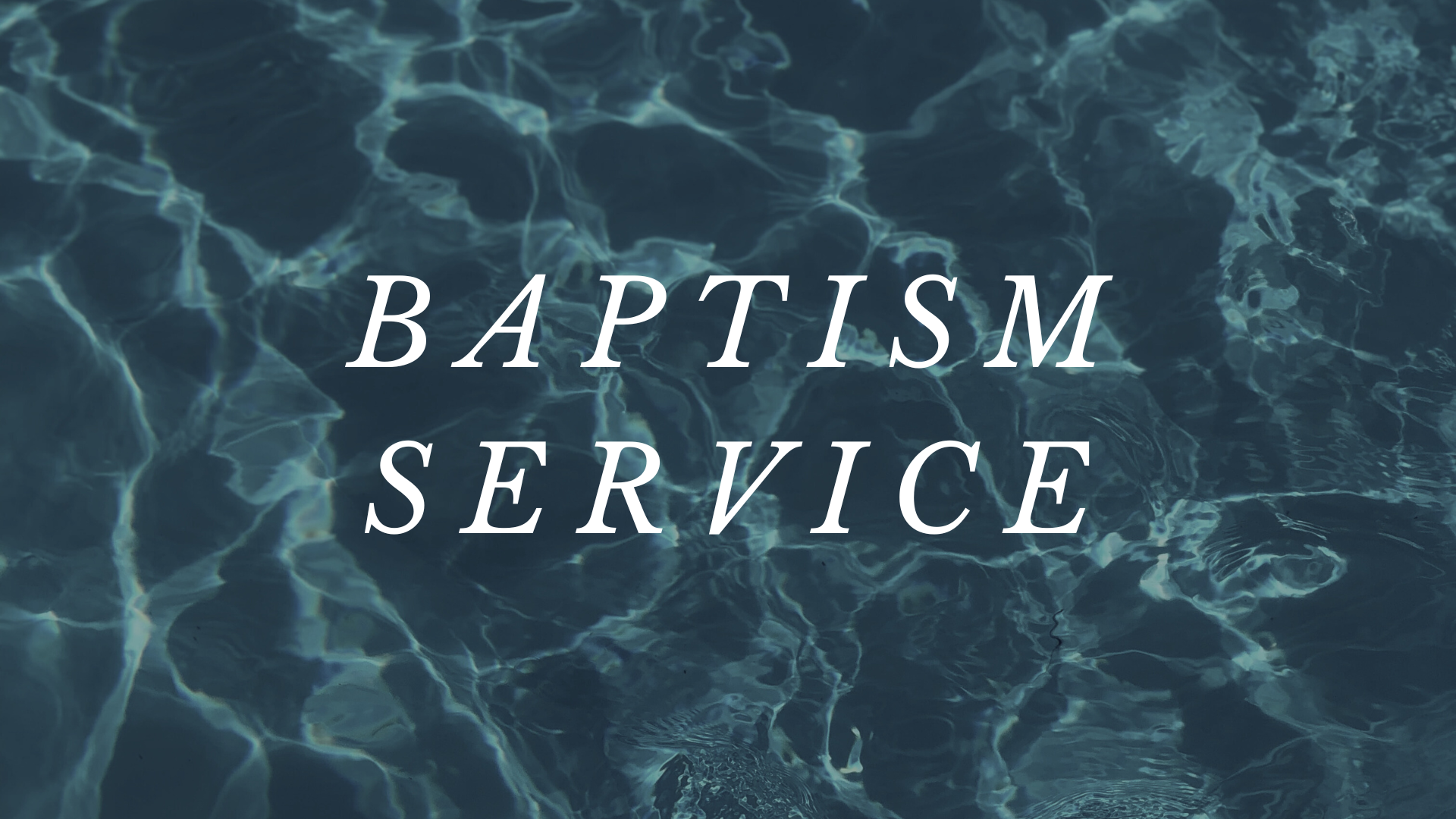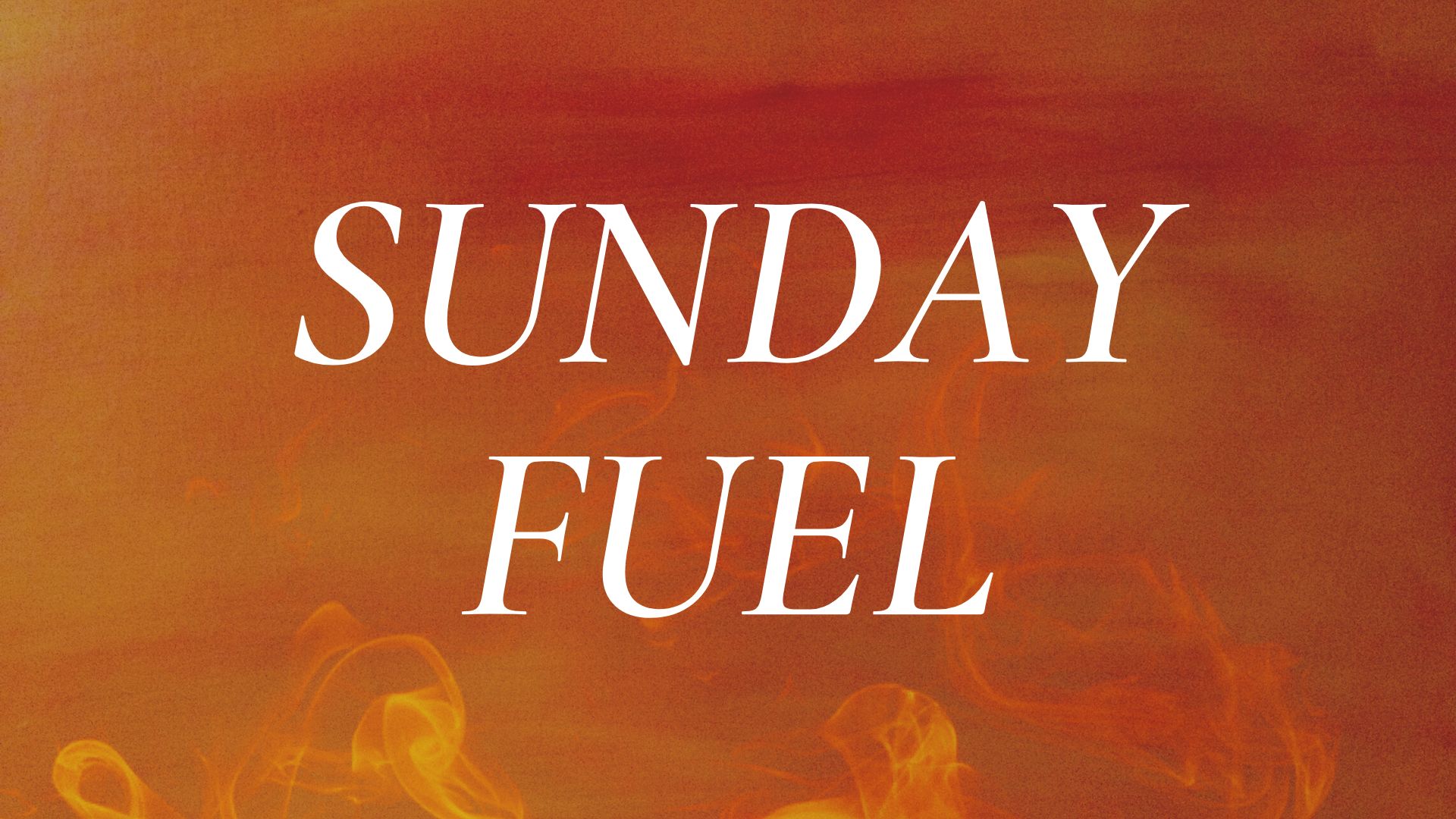Despite the happy trappings of Easter, spring break, bunnies, and egg hunts, at first glance “Good Friday” doesn’t seem very good. In fact, last year on Good Friday one of my boys suggested we rename the day “Medium Friday” since it was bad that Jesus died, but good that he died for our sins. When I explained why it was “Good Friday” he wasn’t so convinced and again presented his argument (as if I am going to talk to all the Christian leaders around the world to institute an official name change).
I think it does bring up the pertinent question of what’s so good about Good Friday? This Friday signifies in a sense the greatest tragedy of human history – the perfect Son of God being put to death at the hands of sinful and rebellious men. But at the same time, the events that transpired over 2000 years ago were undeniably good.
In order for us to appreciate why Good Friday is good then, let us contemplate deeply the idea of a cup.
The Bible tells us that a cup was Christ’s illustration of choice for the gospel as he faced Good Friday.
In Matthew 26:36–39 (ESV) we read:
36 Then Jesus went with them to a place called Gethsemane, and he said to his disciples, “Sit here, while I go over there and pray.” 37 And taking with him Peter and the two sons of Zebedee, he began to be sorrowful and troubled. 38 Then he said to them, “My soul is very sorrowful, even to death; remain here, and watch with me.” 39 And going a little farther he fell on his face and prayed, saying, “My Father, if it be possible, let this cup pass from me; nevertheless, not as I will, but as you will.”
Read those words again, “Father, if it be possible, let this cup pass from me.” Have you ever wondered what could have been in this cup that Jesus was so concerned over?” What brought such horror to Jesus that his soul was troubled even to death? After all, the whole life of Jesus’ life was pointed from birth towards the cross. In a sense the whole story of the Bible up to this point had been heading to his death.
From when a Savior was first promised in Genesis 3, through the whole of the Old Testament, to this moment, all of history had been clearly pointed towards the cross. Jesus himself said, “For even the Son of Man came not to be served but to serve, and to give his life as a ransom for many.” He came to “give his life.”
And yet in the garden as he was on the brink of finishing his life mission and the most important task in all of human history, he besought his father, “if it be possible, let this cup pass from me.”
To appreciate Jesus’ words we have to understand what he meant by the cup, for the cup is what he asked be taken away. Listen to these words in Revelation 14 that describes end time judgment:
…he also will drink the wine of God’s wrath, poured full strength into the cup of his anger, and he will be tormented with fire and sulfur in the presence of the holy angels and in the presence of the Lamb. And the smoke of their torment goes up forever and ever, and they have no rest, day or night…” (Revelation 14:10–11).
This “cup” is filled with the wrath of God in the form of eternal punishment for mankind’s sin and rebellion. The cup represents God’s violent judgment on sin. In other words, for Christ to be our Savior, he would have to suffer God’s wrath in our place. He would have to go to the cross so that God might unleash his wrath on him instead of us who believe.
Think again now of the prayer in the garden – Jesus is finally at the place where he will carry out his life’s ambition; he is at the precipice of his mission and anticipating the moment when he will fulfill the redemption of humanity. And in this moment the full weight of what is going to happen on the cross hits him to the depths of his soul. He is not just facing a hell, more than any of us could possibly imagine, he is enduring every hell, for every believer, for all of time.
Jesus, God the Son, was for the first time in all of eternity going to feel what it was to be forsaken by his Father. The Scripture says he was sorrowful to death – I think because death would have been a relief from the torment to come. Death (apart from wrath) would have been respite; death would have been reprieve. So in this moment, Jesus begs the Father to take this away from him.
And this begins to explain why Good Friday is so good. Because it was then, on the cross, that Christ drank the cup until it was empty, exhausting the wrath that you and I deserved. For Jesus, that Friday was not good, but he did it so that every day for eternity we who trust him can know what good truly is, in the presence of our Lord.

 Kim Kira is the primary teaching elder at Lighthouse. He loves being part of a church family that is committed to loving God with all their heart, soul, mind, and strength. Kim is driven by a deep desire to encourage people to worship the true, Triune God of Scripture rather than the idols of the world. This, he believes, is made possible by the transformative power of the Gospel, the Good News that offers not only entrance into heaven but offers powerful and practical hope for change in everyday life. Beyond ministry, Kim loves to spend time with his wife Jen and their four children, Caleb, Josiah, Karissa, and Carson. His other interests include the Lakers, the Dodgers, grilling, red meat, snowboarding, and playing sports.
Kim Kira is the primary teaching elder at Lighthouse. He loves being part of a church family that is committed to loving God with all their heart, soul, mind, and strength. Kim is driven by a deep desire to encourage people to worship the true, Triune God of Scripture rather than the idols of the world. This, he believes, is made possible by the transformative power of the Gospel, the Good News that offers not only entrance into heaven but offers powerful and practical hope for change in everyday life. Beyond ministry, Kim loves to spend time with his wife Jen and their four children, Caleb, Josiah, Karissa, and Carson. His other interests include the Lakers, the Dodgers, grilling, red meat, snowboarding, and playing sports.



